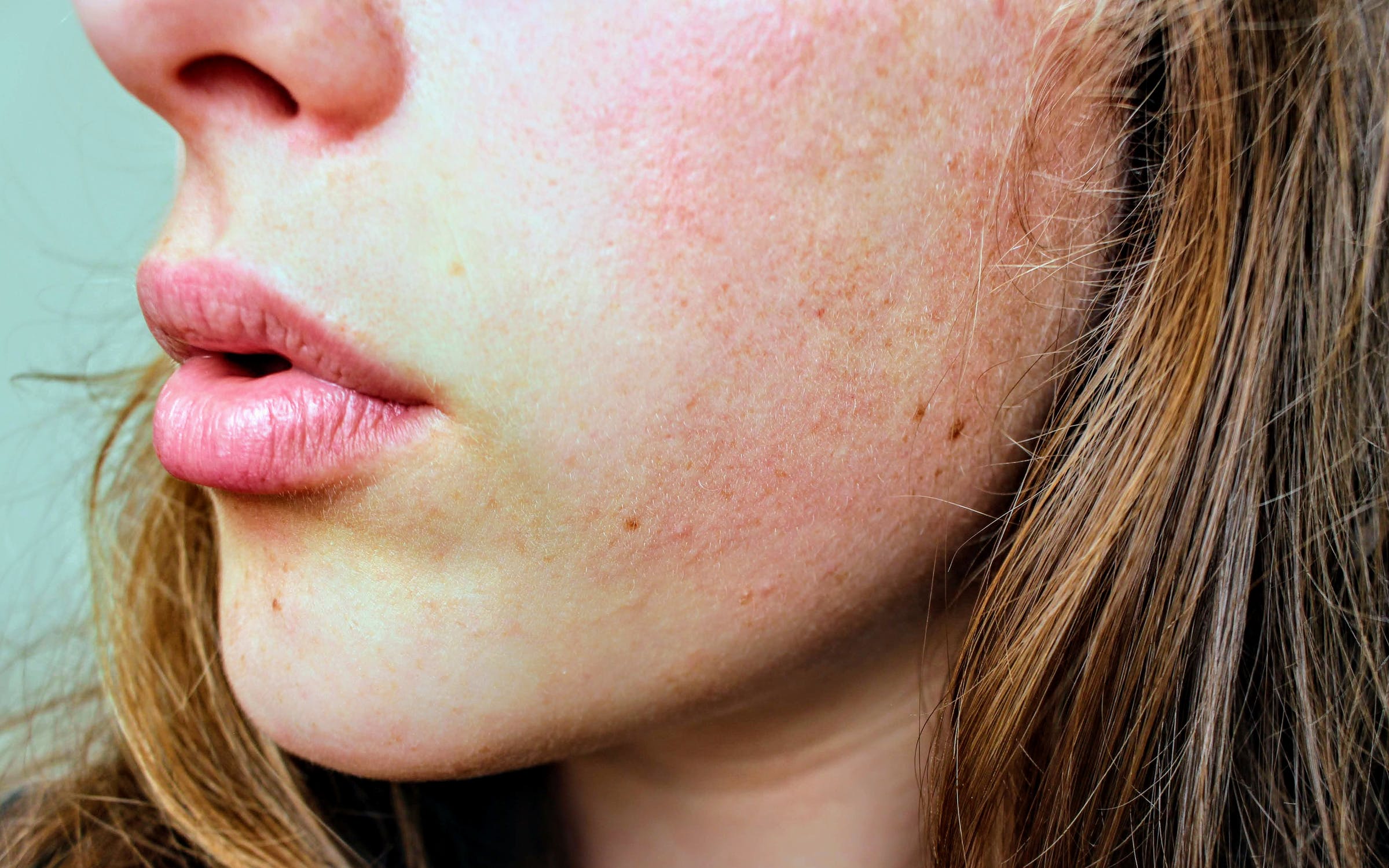All you need to know about Eczema

Eczema is a type of skin problem that results through red patches. It irritates your skin and happens in areas like the face, inner elbows, neck, behind knees, and so on. It is smart to go to a doctor immediately and discuss how to treat it. Your doctor will ask you about your family history, health condition, and so on.
When you want to know all about eczema you must note what triggers the condition. Eczema doesn’t disrupt your normal lifestyle, but it does disrupt your mind. Here, we will help know what it really is and the treatment to cure eczema forever.
If you are disappointed to have a skin condition like this, know that you are not alone. There is a difference between atopic dermatitis and eczema, so don’t confuse between the two. Stress and allergens are common causes of eczema but it can reduce with time. Even quality bathing essentials and moisturizers can improve the condition.
What are the types of eczema?
Eczema shows you signs of different conditions that start with itchiness, redness, and inflammation. There are different types to the condition and the names are contact dermatitis, atopic dermatitis, seborrheic dermatitis, stasis dermatitis, dyshidrotic eczema, and nummular eczema.
Eczema is common among people and most times manageable. However, living with eczema can be challenging and frustrating. The term was derived from the Greek word ‘to boil over’. The red and inflamed patches explain the term. The range of eczema can go anywhere from mild to severe.
Eczema is more common among infants and the results show on their cheeks and chin. The condition differs from person to person or from child to child. Eczema heals as the child grows old. However, some children can have eczema even when they are adults.
The skin condition is not contagious and you can’t have it because someone else does. The cause of eczema is unknown but some results show a mix of genetic and environmental reasons. When the allergen triggers our immune system our skin cells don’t behave as they should. This is when eczema props up and needs care and treatment.
How to treat eczema?
Eczema doesn’t have a complete or definitive cure. It differs from person to person, the severity of the case, age, and so on. You can rely on over-the-counter medicines and even order them online. Even a doctor’s prescription will include topical medication. Severe cases might need immunosuppressants, phototherapy, biologic drugs, and so on.
Many people turn to natural home remedies for eczema. If you think your skin condition is in a manageable state you must try and:
- Know all that triggers your condition
- Clean your body every day with quality products
- Use medicine that can heal eczema that doesn’t have side effects
What are the symptoms of eczema?
The most important thing you need to remember is that the symptoms of eczema differ from one to another. It doesn’t look or feel similar to everyone, especially when comparing a child to an adult. It might appear in different parts of the body at different times.
Eczema is itchy to most people but these are also the times when it is moderate. There are cases where eczema can be inflamed and continue to come back. It is known as the itch-scratch cycle. The following symptoms can all detect eczema:
- Dry and sensitive skin
- Red or inflamed skin
- Badly itchy skin
- Dark patches on the skin
- Leathery and scaly skin
- Oozing and crusting
- Swelling in different parts
You might have some or all of these symptoms. Some conditions show flare-ups and watch it go away entirely too. The only way you can detect if you have eczema for sure is when you visit a doctor. You need to allow a skin doctor to understand the condition and give you the ideal treatment.
How to differentiate between eczema and atopic dermatitis?
Eczema is a general term for dermatitis that simply indicates inflammation of the skin. All types of eczema lead to redness and itching, while some lead to blisters too. You might find your skin weeping or peeling, which are also signs of eczema. Atopic dermatitis is usually severe and lasts long.
Most people use the term eczema interchangeably and also refer to atopic dermatitis as this. However, as mentioned above, every type of eczema has a name. Eczema is a generic term to explain all the types that fall under this category. You need to know what type of eczema you have in order to get the right treatment. It is time you must take good quality topical creams as an option to heal your condition or get to a doctor if you think it is severe.
